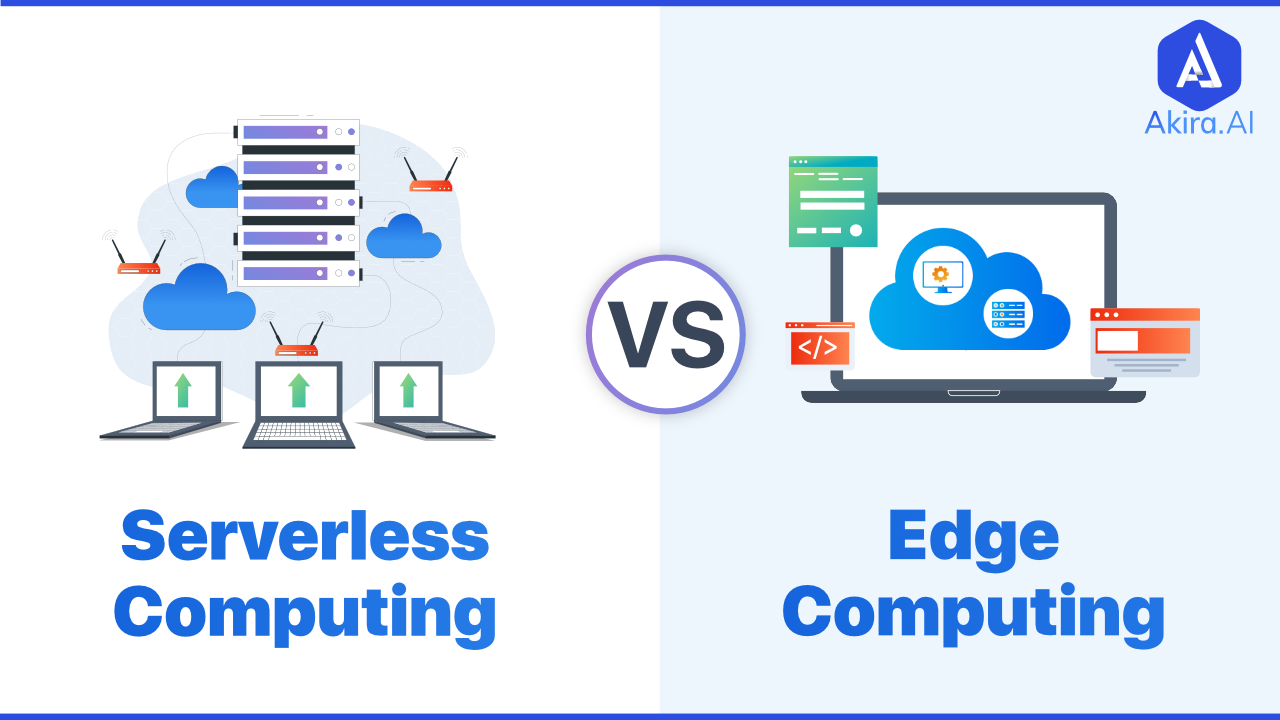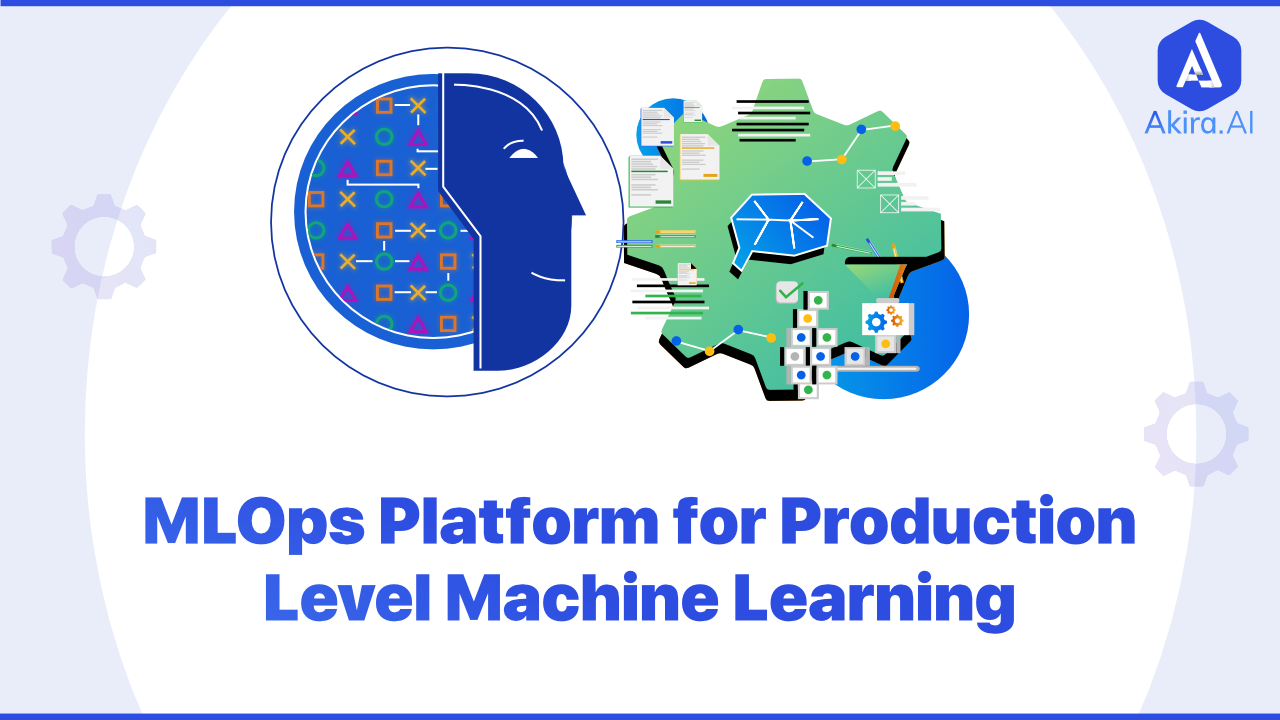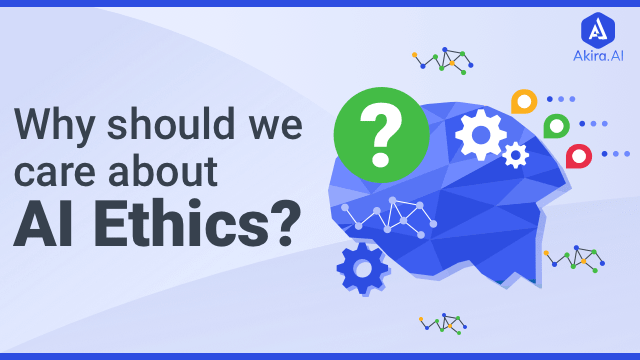Key Insights
Einstein SDR Agent autonomously engages with inbound leads, in natural language, to answer questions, handle objections, and book meetings for human sellers Einstein Sales Coach Agent autonomously engages in role-plays with sellers, simulating a buyer during discovery, pitch, or negotiation calls Accenture will leverage these agents to improve deal team effectiveness, scale to support more deals, and allow their people to focus their time and effort on the most complex deals

Introduction to Metaverse Continuum
The workplace of the 2020s already seems hugely extraordinary from what we could have imagined just a couple of years ago. The area has moved from 'the internet of things", 'the cloud,' and 'web 2.0'. Now the new buzzword on the block is 'metaverse.' The metaverse is a fully-realized virtual global that goes beyond the analog one wherein we live right now.
METAVERSE combines the prefix "meta" with the word "universe," which describes hypothetical synthetic surroundings related to the physical world. The word 'metaverse' was first coined in a bit of speculative fiction named Snow Crash, written by way of Neal Stephenson in 1992. In this novel, Stephenson defines the metaverse as a massive digital surrounding parallel to the physical global, wherein customers engage via virtual avatars.
Read here about Responsible AI Tools and Framework
The metaverse promises to convey new stages of social connectedness, mobility, and collaboration to a world of digital work. The metaverse is poised to reshape the arena of work in at least four primary approaches:
- New immersive forms of crew collaboration.
- The emergence of new virtual, AI-enabled colleagues.
- The acceleration of acquiring knowledge and competencies via virtualization and gamified technology.
The eventual upward thrust of a metaverse financial system with new firms and work roles.
The metaverse additionally opens up new opportunities to reconsider the workplace and work surroundings, introducing factors of adventure, spontaneity, and marvel.
On a final note, technology giants, including Apple and Google, have formidable plans for materializing the metaverse. With the engagement of rising technology and the progressive improvement and refinement of the surroundings, our digital worlds (or virtual twins) will look notably exclusive in the upcoming years. Now, our digitized destiny goes to be more interactive, extra alive, extra embodied, and greater multimedia due to the life of effective computing devices and intelligent wearables. However, there exist nevertheless many demanding situations to be conquered earlier than the metaverse emerges as incorporated into the bodily global and our ordinary life. We name for a holistic method to construct the metaverse, as we consider that the metaverse will arise as another substantial entity parallel to our physical reality.
Read more about Decision Analysis Tools
What is the Metaverse Continuum?
As part of the report, Accenture surveyed more than 4,600 commercial enterprises and era leaders throughout 23 industries in 35 countries. At this early stage, 71% of executives believe the metaverse may tremendously affect their agency, and 42% agree that it will be a breakthrough or transformational.
This shows an exclusive angle: The metaverse is a continuum, a spectrum of digitally more desirable worlds, realities, and enterprise models.
It'll revolutionize nearly all factors of life and business within the subsequent decade, permitting collaboration in digital areas, augmented bodily places, and a mix of each. And it will create new strains of enterprise and remodel interactions among customers and corporations.
The time is now to Think big, start small, and scale rapidly.
The technology vision 2022 record identifies four key trends that corporations will want to cope with:
WebMe: Putting the Me in Metaverse
Enterprise strategies are built for the internet these days, a digital global where platforms regularly lack interoperability and facts portability. Metaverse and Web3 are poised to reshape the internet; as opposed to it being a disparate collection of websites and apps, looking in advance, the metaverse will result in a chronic 3-D environment in which transferring from one "location" to some other could be as easy as on foot from one room to another. 95% of executives trust that future digital structures want to provide unified stories, permitting interoperability of clients' records throughout one-of-a-kind structures and spaces.
Programmable World: Our Planet, Personalized
As emerging technology along with 5G, ambient computing, augmented fact, and smart substances improve, virtual environments can be increasingly woven into the material of our physical international. Those environments will reshape not simply how human beings interact with worlds but also redefine the entirety built in them, how they experience and interact, and their control over it. Tellingly, 92% of executives agree that main organizations will push the bounds of the digital world to make it more accurate, increasing the need for endurance and seamless navigation among the digital and physical worlds.
The Unreal: Making Synthetic, Authentic
Organizations and environments are increasingly supported by AI-generated data that convincingly reflects the physical world. More than ever, AI is pinnacle-of-mind for agencies, as corporations and customers shift far away from what's real as opposed to fake to what is authentic — not simply in phrases of an organization's content material and algorithms but its complete brand. Already, 96% of executives file that their groups are committed to authenticating the origin in their statistics and genuine use of AI.
Computing the Impossible: New Machines, New Possibilities
The emergence of a new class of machines empowers corporations across industries to stretch the boundaries of what computer systems can solve. Tools like quantum computing and biology-stimulated computing are allowing agencies to clear up issues that may be too highly-priced, inefficient, or flat-out not possible for traditional computing. As "grand demanding situations" turn out to be trivial operations, how corporations compete, provide price, and accomplice will radically trade; almost all (94%) executives agreed that long-term achievement would rely on leveraging next technology computing to remedy intractable challenges.
Click to read about Bringing AI at the Edge
Innovative Immersive Metaverse Applications
In the context of the Metaverse, immersive technology will have similar packages inside the fields of Spatial Computing and brain-computer interface. Spatial Computing
permits the control of the computer system with herbal gestures and speech. Brain-computer interfaces allow communique with computing gadgets completely through brain activity to control a synthetic limb or empower paralyzed persons to operate computer systems. Moreover, the mixing of blockchain-based cryptocurrencies (e.g., bitcoin) and non-fungible tokens (NFTs) permit the deployment of progressive virtual economic system transactions and architectures. On a broader scale, Metaverse-associated technologies are anticipated to cross-pollinate, enlarge and be further amplified via exponential technologies consisting of wi-fi broadband networks, cloud computing, robotics, artificial intelligence, and 3D printing. These types of technology mark a transition to a fourth industrial revolution. In other phrases, the Metaverse is expected to be an essential thing of schooling 4.0, education inside the industry 4.0 generation.
Fig 3: Innovative metaverse applications
What are the opportunities and challenges of the metaverse?
The Metaverse faces some demanding situations associated with the underlying AR (augmented reality) and VR (virtual reality) technologies. Each technology is persuasive and can influence users' cognition, feelings, and behaviors. Also, the high cost of devices is a barrier to mass adoption. This is predicted to be mitigated in the long run. Risks associated with AR may be classified into four classes related.
Bodily well-being, health, and safety: On the physical level, the attention distraction of customers in location-based AR applications has brought about dangerous accidents.
- Psychology: information overload is a mental undertaking that desires to be averted.
- Morality and ethics: Ethical problems include unauthorized augmentation and truth manipulation in the direction of biased views.
- Information privacy: Data collection and sharing with different events constitutes the chance with the widest implications concerning privateness. The extra data layer can end up a probable cybersecurity danger. Volumetric shooting and spatial doxxing can lead to privacy violations.
More importantly, Metaverse actors may be tempted to compile users' biometric psychography primarily based on user data emotions. These seasonedfiles will be used for unintended behavioral inferences that fuel algorithmic bias.
Related to VR, movement illness, nausea, and dizziness are some of the most usually mentioned health issues. Head and neck fatigue is also a drawback for longer use sessions because of VR headsets' weight. Extended VR use may result in dependency, social isolation, and abstinence from actual, bodily existence, frequently combined with body overlook. Other known disadvantages of open social worlds are toxic, antisocial behavior, e.g., griefing, cyber-bullying, and harassment. Excessive-fidelity VR environments and violent representations can cause stressful studies. Related to facts ethics, artificial intelligence algorithms and deep learning techniques may be utilized to create VR deep faux avatars and identity robbery.
Click to explore about Edge AI Implementation
Conclusions
The Metaverse is not a new concept. However, in the context of MR, it could bridge the connectivity of social media with the unique affordances of VR and AR immersive technology. Currently, the second MR generation of the Metaverse is under advent. The seven guidelines of the Metaverse incorporate a high-degree manifesto, a suggestion for future development based on formerly amassed enjoyment with the improvement of the internet and the world- huge web. With this thought, there should be just one Metaverse and no longer many Metaverses or Multiverses. As such, the Metaverse has to be for everybody, open, hardware-agnostic, networked, and together controlled. So, the Metaverse must be open, hardware-agnostic, networked, and collectively managed for all of us.
- Discover more about Fairness in Machine Learning Systems
- Click to explore about Customer Intelligence Benefits


